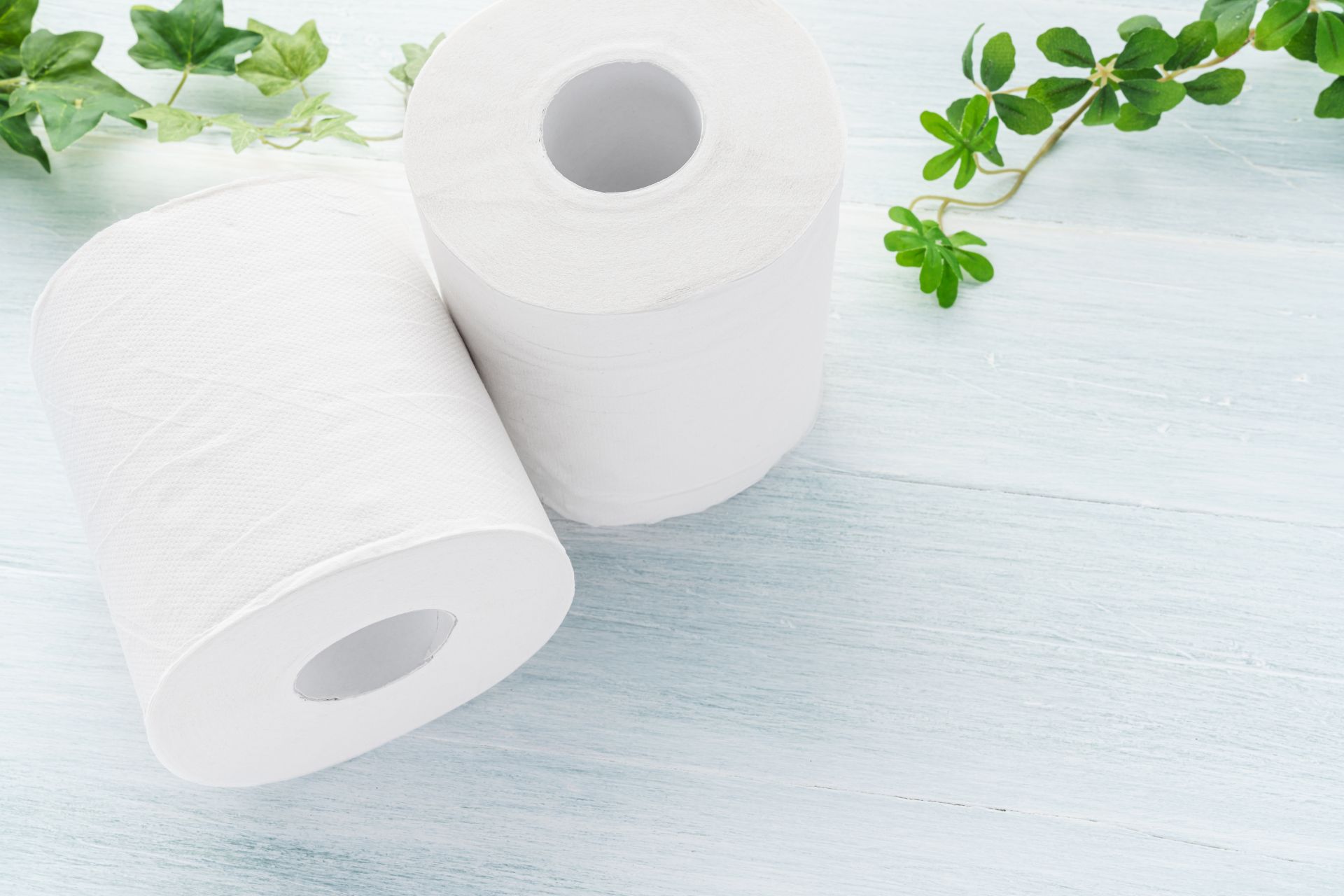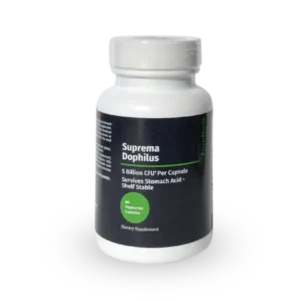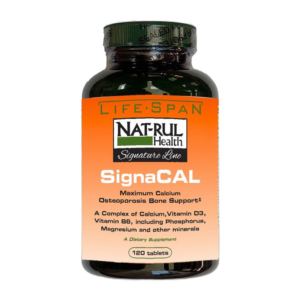Struggling with occasional constipation? You’re not alone. Constipation is a common issue, but many people find that a few natural lifestyle tweaks can make a big difference. Here, we’ll explore holistic tips for constipation relief, including simple dietary changes and a few supplement suggestions that support digestive regularity.
Diet tips for constipation
1. Drink Enough Water Daily
Staying hydrated is one of the most effective ways to keep things moving through your digestive tract. Water helps soften stool, making it easier to pass. A good rule of thumb is to drink half your body weight in ounces each day. So, if you weigh 150 pounds, aim for around 75 ounces of water daily. Proper hydration is an essential foundation for overall digestive health.
2. Boost Fiber with Whole Foods
Fiber adds bulk to the stool, which supports easier digestion. Aim to eat at least 3-5 servings of vegetables and 1-2 servings of fruit daily for the best fiber intake. Options like leafy greens, carrots, apples, and berries provide natural fiber to help keep things moving. For occasional constipation, prunes, prune juice, and rhubarb can be especially helpful due to their fiber content and natural compounds that support digestive function.
However, processed foods like white bread, pastries, and sugary snacks can slow digestion and reduce fiber intake. By choosing whole foods like oats, brown rice, fresh fruits, and vegetables, you support a healthier digestive tract.
3. Avoid Processed Sugars and Grains
Processed sugars and grains, such as white flour, cookies, and candies, can be hard on the digestive system. These foods lack fiber and can contribute to bloating and sluggish digestion. Instead, try to focus on complex carbs from sources like quinoa, sweet potatoes, and whole grains to support smoother digestion.
4. Try Fermented Foods
Fermented foods can provide natural support for digestion by adding probiotics, or “good” bacteria, to your gut. Options like yogurt, kefir, sauerkraut, kimchi, and kombucha are rich in probiotics and can support a balanced gut environment. Regularly eating these foods may help promote digestive regularity over time.
5. Cook with Healthy Fats
Healthy fats like extra virgin olive oil and coconut oil can support smooth digestion by keeping the digestive tract lubricated. Cooking with these oils, or drizzling them over salads and vegetables, is a great way to add beneficial fats to your diet. Avoid trans fats and hydrogenated oils, which can slow down digestion.
6. Skip Artificial Sweeteners
Artificial sweeteners may taste sweet without the calories, but they can sometimes disrupt the digestive system. Sweeteners like aspartame, saccharin, and sucralose have been known to cause bloating and digestive discomfort in some people. Instead, try natural sweeteners like honey or maple syrup in moderation, as they are gentler on the digestive system.
Supplements & Lifestyle Constipation Tips
7. Exercise Regularly
Exercise helps promote healthy digestion by stimulating the natural movements of the digestive tract. Just 20-30 minutes of daily movement, whether it’s a brisk walk, gentle yoga, or light cardio, can make a big difference in keeping your system regular. The more active you are, the more you help your digestive system stay active too.
8. Add a Probiotic Supplement*
In addition to fermented foods, a probiotic supplement can help support a healthy balance of bacteria in the gut.* Look for a high-quality probiotic that includes multiple strains of beneficial bacteria to support digestive health. Regular use of probiotics can support digestive balance and may provide gentle support for occasional constipation.*
5 Billion CFU Probiotics – Suprema Dophilus
$22.98
9. Include Flax Seeds in Your Diet
Flax seeds are a fiber powerhouse. They contain both soluble and insoluble fiber, which can support digestion by adding bulk to your stool and helping it move smoothly. You can add a tablespoon of ground flax seeds to smoothies, oatmeal, or salads to get a daily fiber boost. For the best results, drink a glass of water with your flax seeds to help the fiber expand and work effectively.
10. Try a Calcium/Magnesium Supplement*
Both calcium and magnesium play roles in muscle function, and magnesium in particular is known to support muscle relaxation.* This can be helpful for the muscles in the digestive tract, encouraging regular bowel movements.* A calcium/magnesium supplement may be beneficial for people experiencing occasional constipation, as it can help support muscle function in the digestive tract.*
By making a few of these changes, you may find that your digestion becomes more regular and comfortable. Whether it’s drinking more water, getting enough fiber, or adding a probiotic supplement to your routine, each of these holistic tips for constipation can help you feel your best. Remember, consistency is key, so try making these habits part of your daily routine to experience long-term benefits.
These statements have not been evaluated by the Food and Drug Administration. This product is not intended to diagnose, treat, cure or prevent any disease.
Need one-on-one diet and health support?
Get the best personalized, comprehensive care that addresses root causes instead of symptom management.
- Improve your quality of life
- Achieve your healths goals
- Pay as little as $0 with insurance





